Tariffs, Populism, and the Future of Global Economic Strategy
In this episode of The International Risk Podcast, Dominic Bowen is joined by Professor Kimberley Clausing to examine the politics, economics, and international risks associated with tariffs. She holds the Eric M. Zolt Chair in Tax Law and Policy at the UCLA School of Law. Professor Clausing is also a nonresident senior fellow at the Peterson Institute for International Economics, a member of the Council on Foreign Relations, and a research associate at the National Bureau of Economic Research.
Long treated as a marginal aspect of trade policy, tariffs have now moved to the centre of global economic debate. In Washington, they are deployed not only as fiscal instruments but as political signals, offering an apparent response to domestic discontent. Professor Clausing, drawing on her academic expertise and her service at the U.S. Treasury, explains why tariffs may generate short-term political gains while simultaneously inflicting lasting harm on both the American economy and its international partnerships.
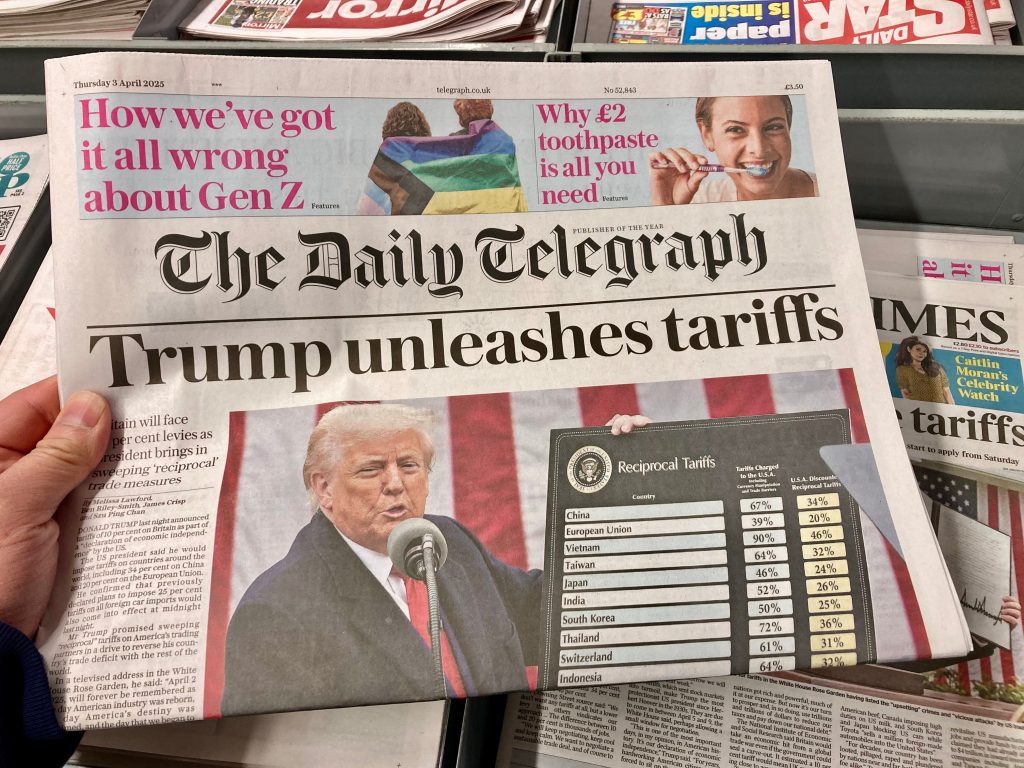
The populist turn in U.S. trade policy
Professor Clausing stresses that while many governments remain reluctant to embrace tariffs as a policy instrument, the Trump administrations have used them extensively, reshaping the competitive landscape for businesses and international partners. For many American voters, support for tariffs is less about conviction in their economic efficacy and more about dissatisfaction with rising costs of living, inequality, and concerns about economic security. However, tariffs function as what Professor Clausing terms a “distortionary tax,” raising consumer prices while undermining comparative advantage.
Economic consequences and misplaced expectations
Supporters of tariffs often argue that higher import costs will spark a renaissance in domestic manufacturing. Professor Clausing challenges this narrative, noting that over half of U.S. imports are intermediate goods used by businesses in production. Higher input costs cascade through supply chains, forcing small and medium-sized firms to either raise prices or absorb losses, often at the risk of closure. The supposed gains in protected industries are therefore outweighed by the widespread contraction in sectors that rely on competitively priced materials.
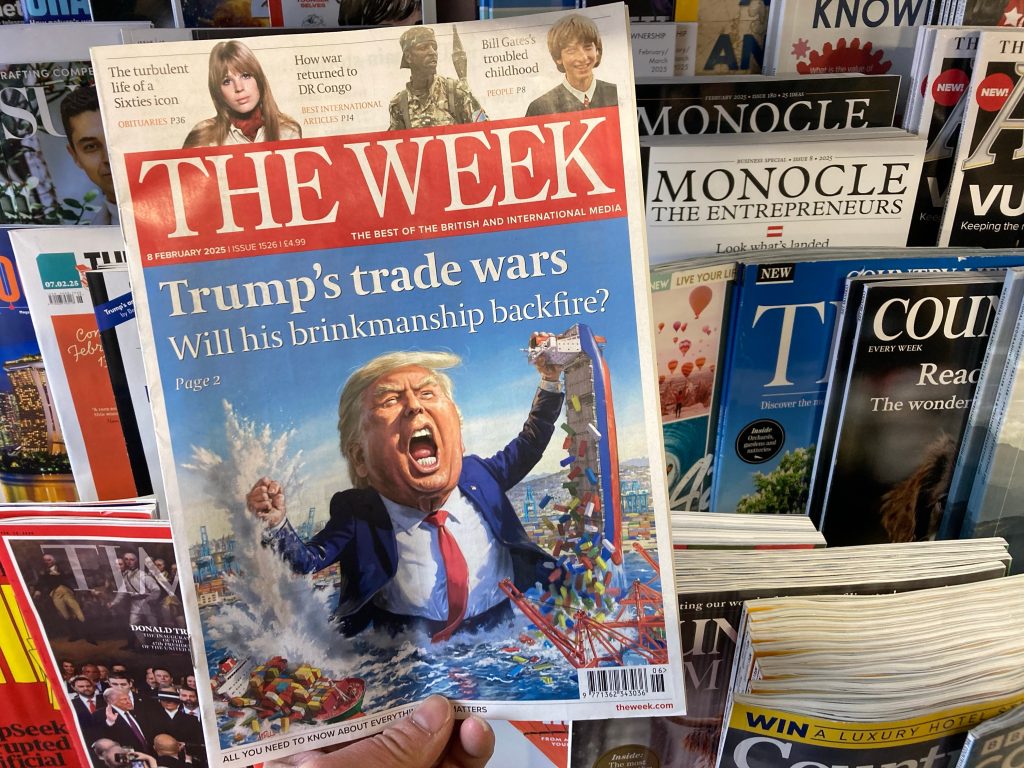
International credibility and alliances under strain
Tariffs not only reshape domestic markets but also erode the United States’ reputation abroad. Professor Clausing underscores how Washington has imposed punitive tariffs on close allies such as Korea, Japan, Canada, and European partners, damaging long-standing relationships. This pattern of unilateralism, combined with the U.S. withdrawal from international agreements, has weakened trust in America as a reliable partner. The long-term consequence, she warns, is diminished cooperation on pressing global challenges such as climate change, public health, and international security.
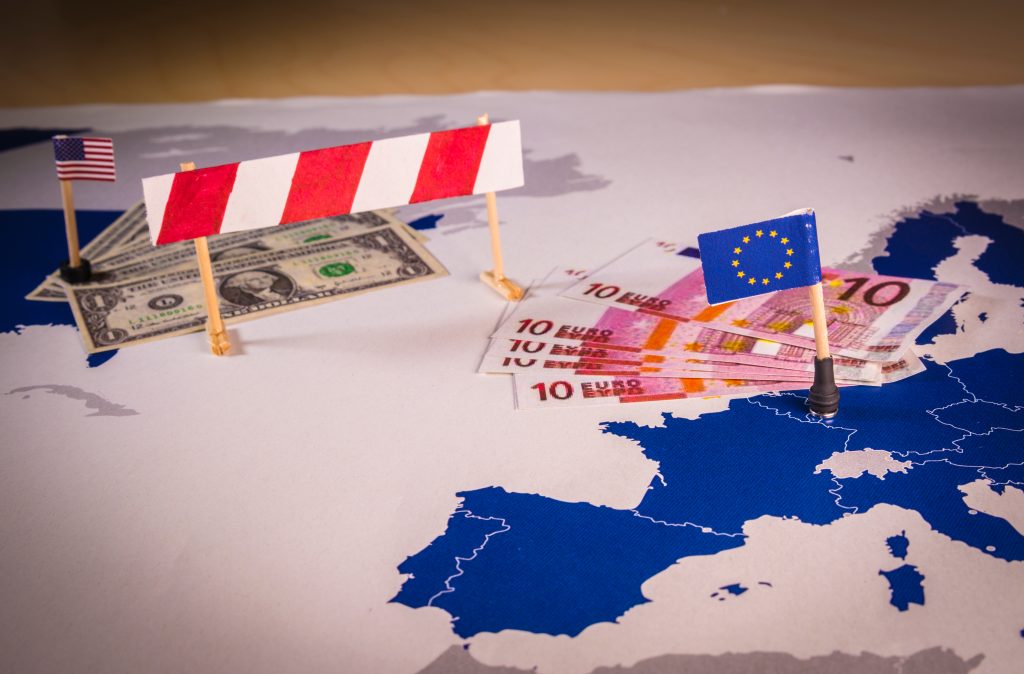
The wider costs of protectionism
The broader repercussions extend beyond trade and manufacturing. Tourism, higher education, and services, all vital sources of export revenue, are declining as a result of a less welcoming environment for foreign visitors and students. These losses not only weaken key industries but also reduce the United States’ capacity to sustain scientific and technological leadership.
Navigating short-term politics and long-term strategy
Professor Clausing contrasts the short-term political incentives that drive tariff policies with the longer-term economic vision needed to sustain prosperity. She notes that while Treasury officials often consider structural consequences, the political calculus in the White House favours immediate wins, even when they come at the expense of sustainable growth. In the current climate, the risk is not merely short-termism but a concentration of decision-making power in the hands of one leader, producing volatility that undermines both domestic stability and international confidence.
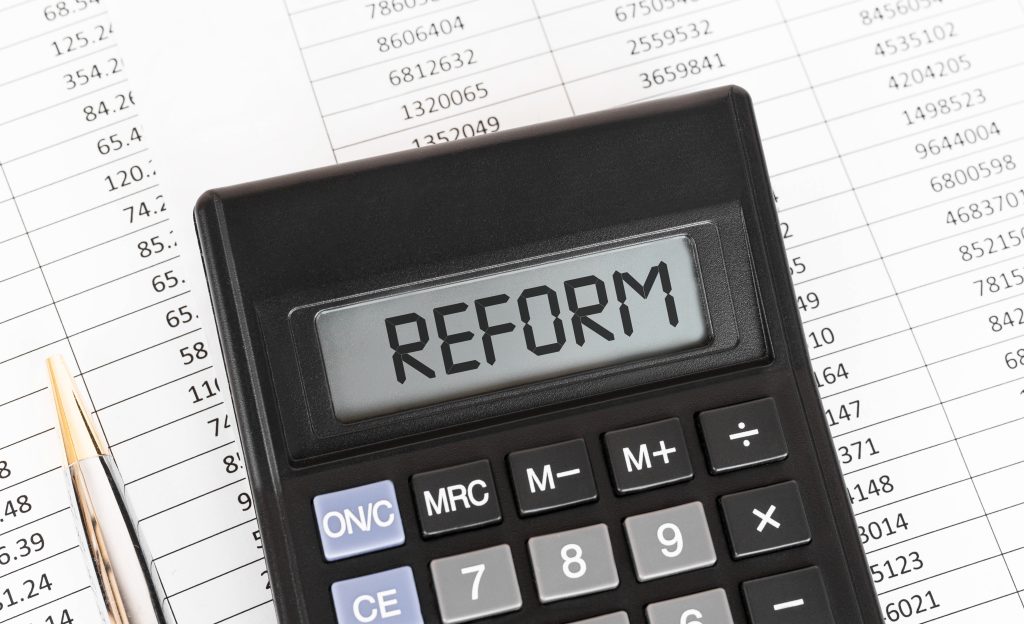
Charting a constructive path forward
Looking beyond the immediate tariff debate, Professor Clausing points to more effective strategies for addressing inequality and economic insecurity. Expanded child tax credits, investment in community colleges, and targeted infrastructure programmes could offer meaningful support to the middle class without distorting trade. At the same time, reforms to international taxation, particularly the implementation of a global minimum tax on multinationals, would provide fairer outcomes and reduce incentives for offshoring.

International risks on the horizon
In closing, Professor Clausing reflects on the wider international risk environment. She identifies the prospect of a future pandemic, insufficient global ambition on climate change, and the rise of nationalist politics as the most significant concerns. Addressing these risks will require a renewed commitment to international cooperation at precisely the moment when trust in U.S. leadership has been eroded. As she cautions, “I think trying to keep those things contained and move toward peace is another really big goal.”

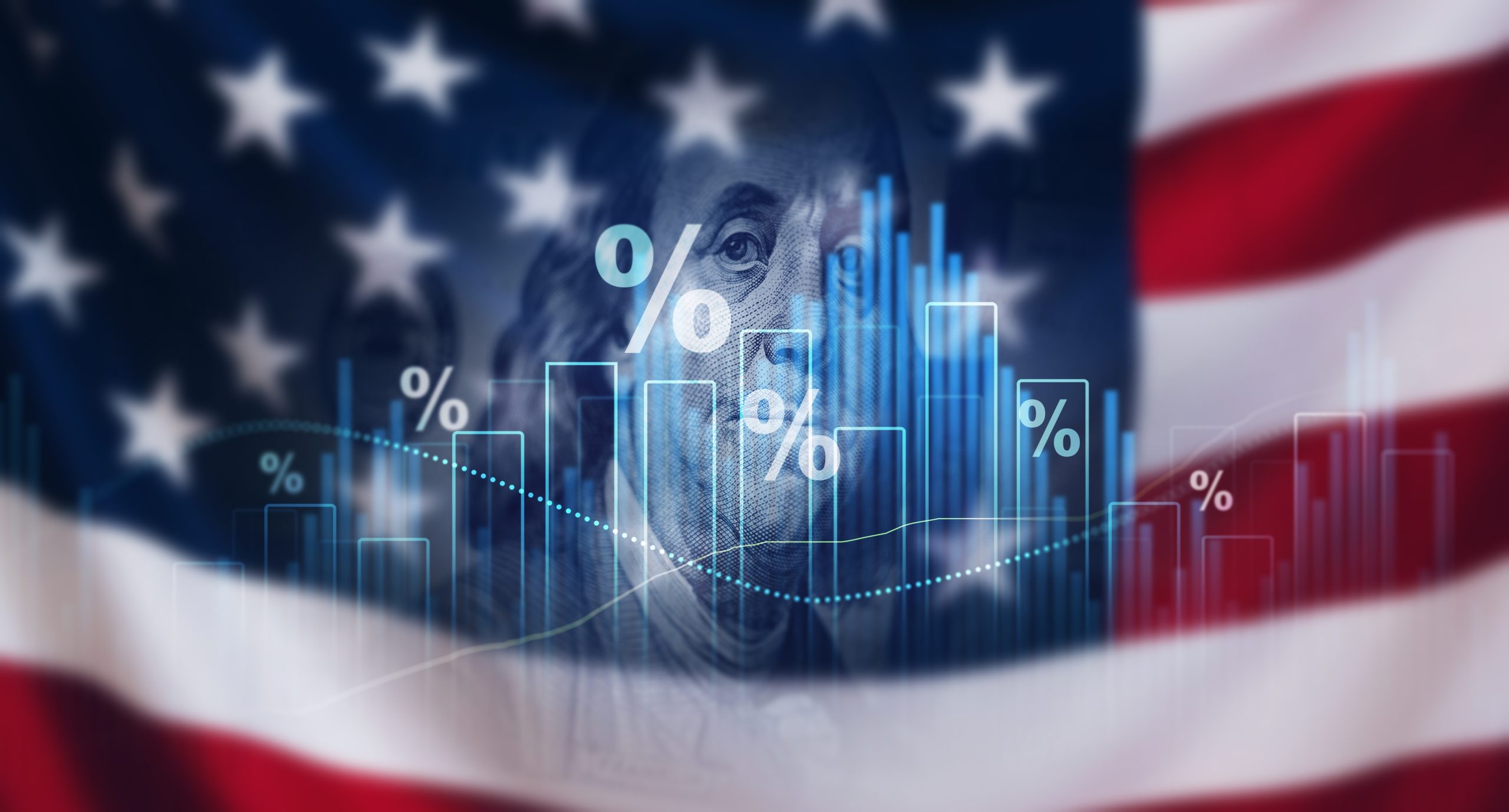



2 Comments
Comments are closed.